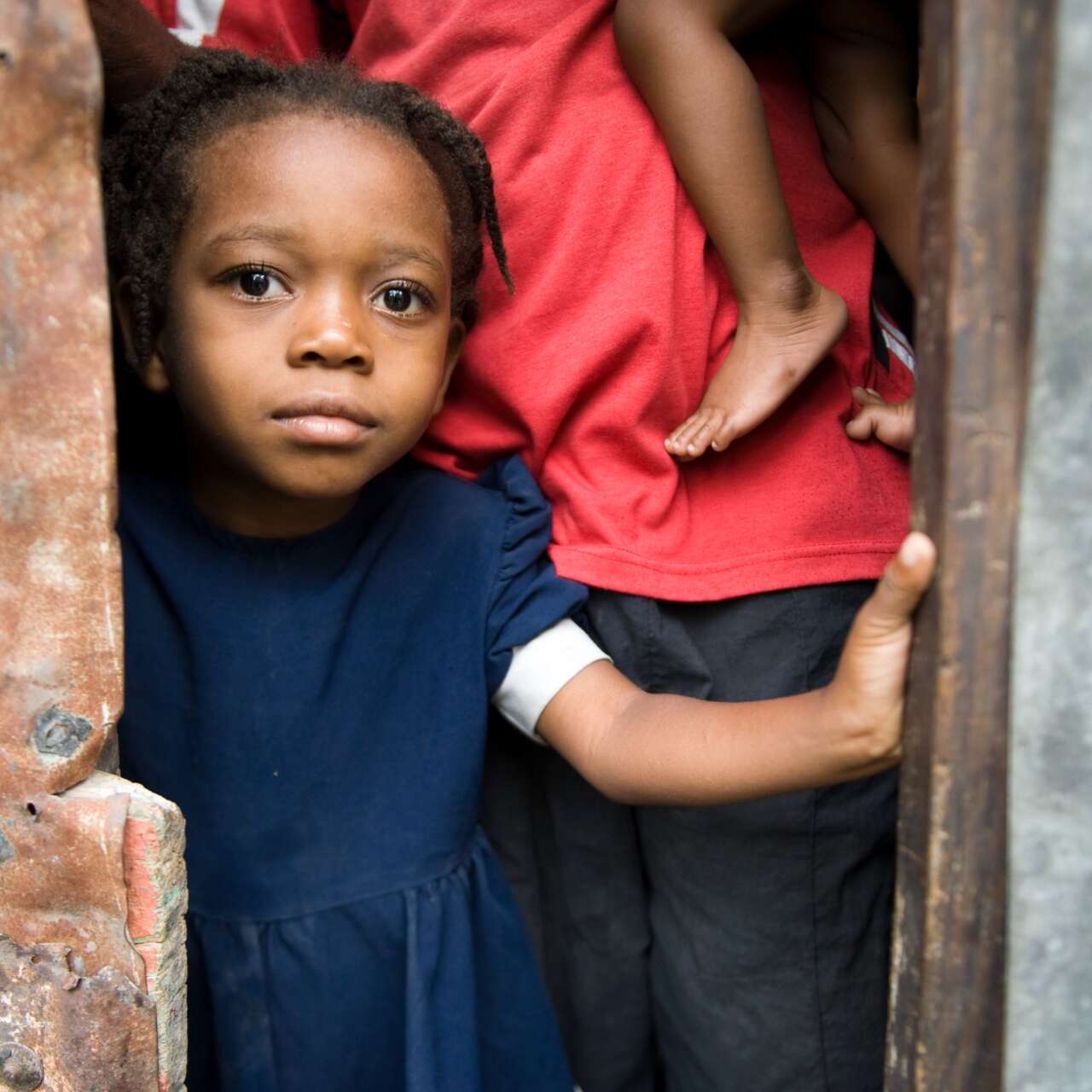
Crisis in Haiti: Gang violence’s vice grip amidst political turmoil
Here are five reasons why the IRCs Emergency Watchlist identifies Haiti as one of the countries most at risk of experiencing a worsening humanitarian crisis in 2024.

Here are five reasons why the IRCs Emergency Watchlist identifies Haiti as one of the countries most at risk of experiencing a worsening humanitarian crisis in 2024.
For the third consecutive year, Haiti remains on the IRC's Watchlist as the nation grapples with an ongoing political crisis. This crisis was sparked by the assassination of President Jovenel Moïse in 2021, resulting in widespread violence that has inflicted harm upon innocent civilians.
Read on to learn more about the risks that Haiti faces in 2024.
Political turmoil has weakened state capacity, undermining security and the delivery of services amidst the growing influence of nonstate armed groups. Economic and climate shocks continue to disrupt livelihoods as 90% of Haitians experience poverty. Nearly half of the population requires humanitarian assistance, including almost 200,000 people who have been internally displaced.
Despite immense needs, Haiti’s 2023 humanitarian response plan received just 34% of its necessary funding.
The IRC’s 2024 Emergency Watchlist outlines five risks that Haiti will face in 2024. These key risks are likely to exacerbate conditions in the country and lead to a worsening humanitarian crisis.
Gangs in Haiti have been able to expand their control due to issues such as weak governance, corruption and an overwhelmed police force. Shockingly, the first nine months of 2023 saw over 5,600 gang-related incidents, including 3,156 killings and 1,248 kidnappings.
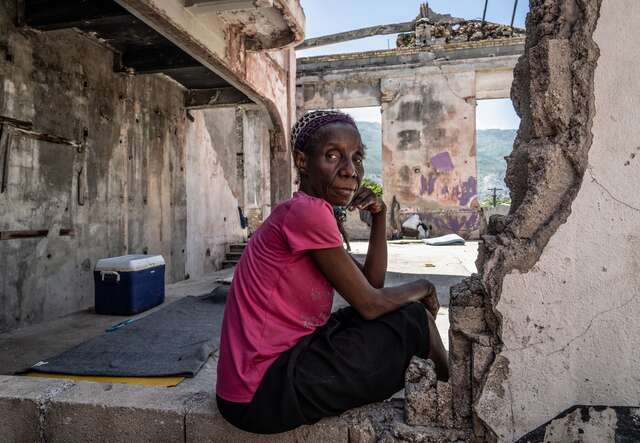
Haiti has been without elected officials in its government since January 2023. The country's political stability remains uncertain as Prime Minister Ariel Henry may use the ongoing violence as a reason to postpone elections once again. On the other hand, even attempting to hold elections could potentially exacerbate the existing instability.
Political instability will limit the government’s ability to improve security, restore basic services and rebuild Haiti’s resilience to climate and other shocks.
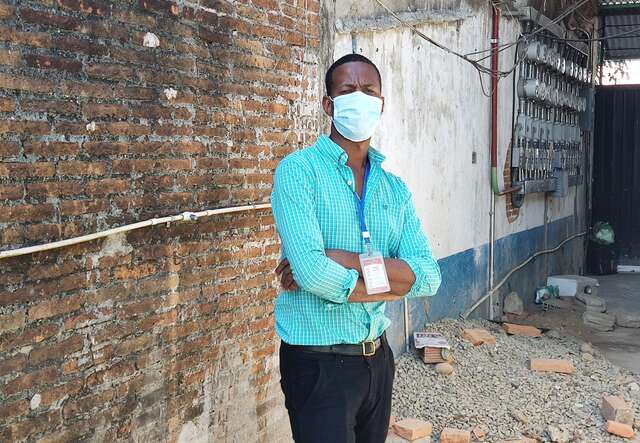
Almost 50% of Haitians are facing crisis, or worse, levels of food insecurity. The depreciation of the Haitian gourde has limited the country’s capacity to import food. Although inflation has eased slightly, violence continues to disrupt livelihoods and market activity as 90% of Haitians experience poverty.
Climate shocks and above-average temperatures are also impacting Haiti’s domestic agricultural production. Over the past few years, devastating earthquakes and tropical storms have resulted in the displacement of populations and the disruption of income-generating activities. This has led to a further decline in purchasing power and limited access to food resources.
Simultaneously, a 25% decrease in WFP food assistance nationwide is set to deepen food needs.
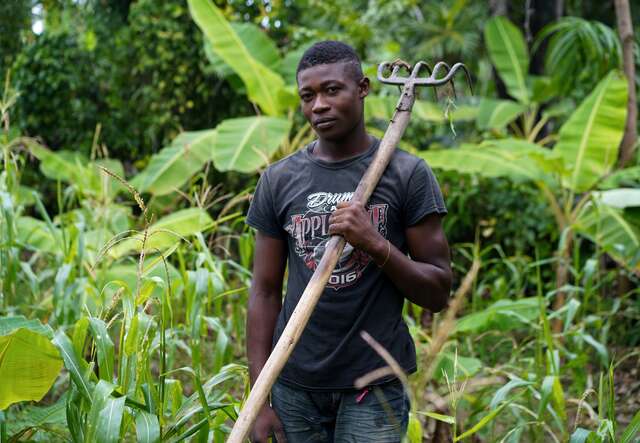
Haiti's healthcare system is on the brink of collapse. Numerous hospitals suffer from staff and supply shortages, hindering their ability to provide adequate treatment to patients.
Meanwhile, conflict has forced the closure of two of the three major water treatment plants in the Artibonite region, increasing the risk of waterborne illness in a country that reported more than 60,000 suspected cases of Cholera in mid-2023.
The population's ability to seek care, and Haiti's capacity to manage any outbreak, will be significantly impacted by insecurity, the absence of safe water and the disruption to health services.
Around half of the country, including 80% of Haiti's capital, Port-au-Prince, is under the control of armed groups. The ongoing conflicts in regions with high humanitarian needs hinder the delivery of assistance and pose substantial threats to aid workers.
Humanitarians are increasingly required to negotiate with armed groups to pass checkpoints, where demands for payment or other concessions are often made in exchange for access.
“Extreme violence is beginning to force our partners to suspend their regular work, including the operation of the mobile clinics we support,” warns Serge Dalexis, head of office for the IRC in Haiti. “Clients have reached out to share that roadblocks from the gangs and controls established over determined areas impede their access to the services.”
Despite the challenging circumstances, the humanitarian response in Haiti only received just 34% of its required funding in 2023. Consequently, humanitarian actors will face significant difficulties in meeting the escalating needs of the affected population.
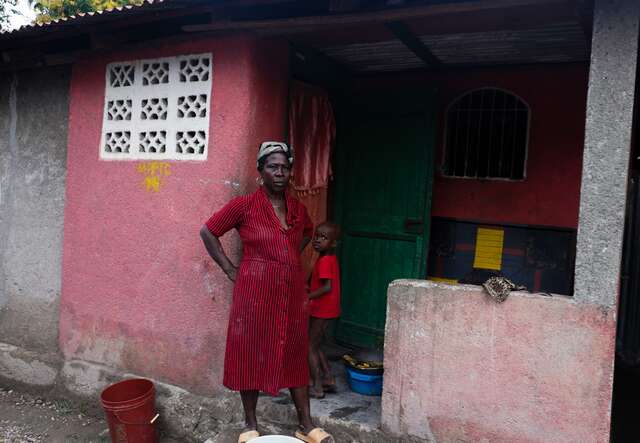
In partnership with four local organisations, the IRC delivers programming focused on health, women and girls’ protection (including gender-based violence), and water, sanitation and hygiene in some of the least accessible neighbourhoods of Port-au-Prince.
The IRC’s response in Haiti is a fully partner-led approach and builds on the existing capacities and strengths of Haitian civil society, enhanced by resources and IRC’s capacity-strengthening efforts. Collaborating with partners in the intricate security and access landscape of Port-au-Prince has facilitated a swifter and more impactful response. This collaboration has empowered the IRC to assist some of the most challenging-to-reach communities, reaching over 50,000 clients.
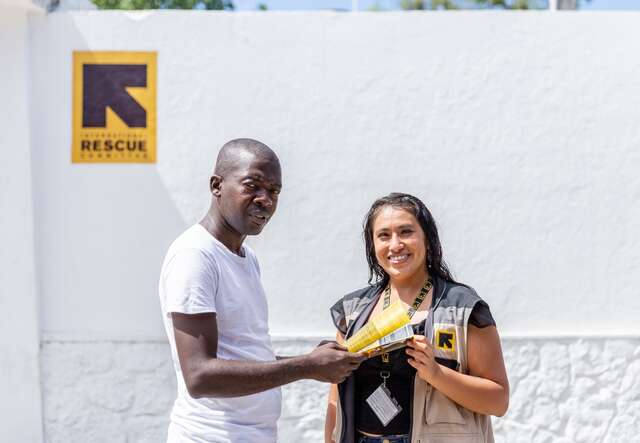
The IRC is working with partners to deliver critical emergency aid to families in Gaza and conflict zones around the world. Donate now to support our critical work. We are on the frontlines providing critical aid to crisis-affected people in more than 50 countries, including places on the 2024 Emergency Watchlist.
Read more about the top 10 crises the world can’t ignore in 2024 and download the full 2023 Emergency Watchlist report for profiles of all 20 crisis countries on the IRC's list.
*Last name excluded for privacy